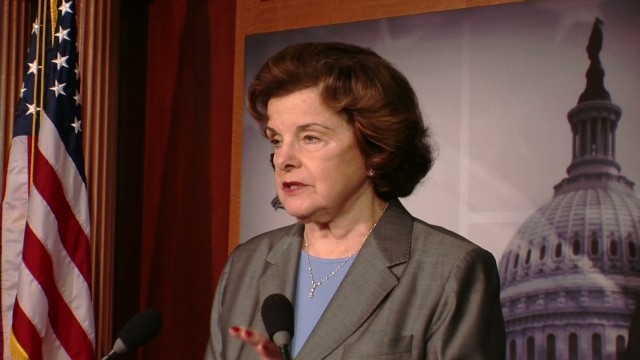NSA’s phone snooping a different kind of creepy
< < Go Back
 I’m finding it hard to get too worked up over the revelation that the National Security Agency has been authorized by the secret Foreign Intelligence Surveillance Court to collect all our call data from Verizon. Hasn’t everyone already assumed this? Everything we do in the digital realm — from surfing the Web to sending an e-mail to conducting a credit card transaction to, yes, making a phone call — creates a data trail. And if that trail exists, chances are someone is using it — or will be soon enough.
I’m finding it hard to get too worked up over the revelation that the National Security Agency has been authorized by the secret Foreign Intelligence Surveillance Court to collect all our call data from Verizon. Hasn’t everyone already assumed this? Everything we do in the digital realm — from surfing the Web to sending an e-mail to conducting a credit card transaction to, yes, making a phone call — creates a data trail. And if that trail exists, chances are someone is using it — or will be soon enough.
This particular style of privacy invasion looks a bit different from those old TV movies where FBI agents sit in a van listening in on phone calls and recording them on reel-to-reel tape recorders. The government isn’t interested in the content of our phone calls — our conversations — so much as who is calling whom and when, or what has become known as “meta-data.” Your life and pursuits are less important than the statistical profile of the way you use your digital devices. This is the world of big data.
we’re all walking around with tracking devices in our pockets, which are capable not simply of broadcasting our phone calls, but our physical locations, our movements, our interests — and then tying all this data to our consumer profiles, credit histories … everything.
Yes, it’s still creepy, but it’s a different kind creepy than it appears. Big data analysis works by identifying patterns and anomalies in our behavior. Nobody cares about the reasons why certain people do certain things. They only need to be able to predict the future.
Marketers use big data profiling to predict who is about to get pregnant, who is likely to buy a new car, and who is about to change sexual orientations. That’s how they know what ads to send to whom. The NSA, meanwhile, wants to know who is likely to commit an act of terrorism — and for this, they need us.
Of course, that’s small comfort to a people who have long valued and assumed some measure of privacy from government observation.
Does this excuse our government’s behavior? Of course not. But the silver lining here is that this digital transparency cuts both ways. No sooner does the government win a court order to spy on us than the digital trail of that court order is discovered and leaked to the press. The government’s panicky surveillance of Associated Press reporters and disproportionate prosecution of WikiLeaks participants lay bare its own inability to contend with the transparency of digital communications.
It is disheartening and disillusioning to realize that our government knows every digital thing we say or do. But now, at least we know they know.
Read More:



